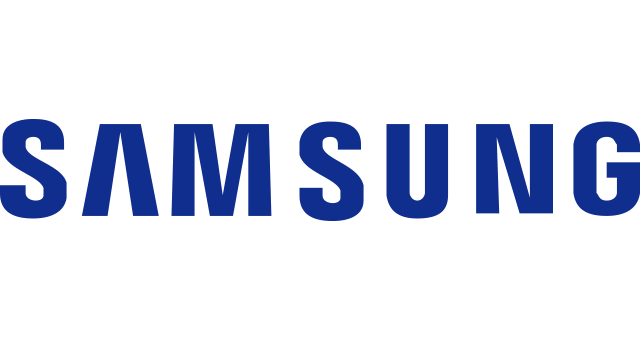
Clarification of terms | What is Industrial RAM?
Like "Server RAM" or "Desktop RAM", the term "Industrial RAM" is not uniformly defined. Industrial-grade memory, such as for a steel mill, civil engineering, the medical field, or aviation, doesn't necessarily differ by unique form factors, higher capacities, or other performance-related product properties. Instead, they primarily differ through requirements for certain qualitative characteristics. Often, they must withstand particularly challenging conditions, such as shocks, vibration, or heat. In this article, we will delve into the essential requirements for Industrial RAM and briefly introduce how these are specifically achieved.
Buy Industrial RAM: Get in touch with our Industrial business unit
Table of Contents
- Requirements for Industrial RAM
- Component Transparency and Compatibility Through
- Fixed Bill of Materials (BOM) - Reliability and Longevity Through
- The use of particularly high-quality components
- Adapted design and manufacturing features - Long-term Availability Through
- Long-term supply contracts
- Stock keeping and obsolescence management
- EOL & PCN Management
- Component Transparency and Compatibility Through
- Conclusion
Requirements for Industrial RAM
Depending on the application and area of use, the requirements for industrial-grade memory differ greatly from each other. Generally, the following factors are particularly relevant in the field of industrial applications:

1. Component Transparency and Compatibility
With over 25 years of experience, we understand the importance of fixed BOMs for Industrial RAM.
Fixed Bill of Materials (BOM)
While server and consumer RAM (for use in desktop PCs or notebooks) are usually more flexible regarding the components used, industrial applications require a consistent BOM to ensure that each RAM module exhibits the exact same characteristics in every production cycle. These fixed BOMs are often referred to as fixed BOM (Bill of Materials).
Advantages of a fixed BOM
The fixed BOM guarantees the reliability and consistency of components in industrial applications. Moreover, it reduces the risk of compatibility issues or failures due to component variations. Also, a fixed BOM favors the long-term availability and interchangeability of RAM modules. Industrial applications often require a longer lifespan of the used components. Although the fixed BOM itself is not a guarantee for the long-term availability of components, it ensures that manufacturers and users know exactly which components are used in the RAM modules. This, in turn, brings benefits for planning future needs and procurement of replacement parts.

2. Reliability & Longevity
Because malfunctions or failures of components can have significant effects on production processes, safety, and costs, the reliability and longevity of memory for industrial use are particularly important. For instance, the failure of memory in safety-critical applications, e.g., due to the failure of the computer in a control center for emergency services or also in medical applications, can potentially cost lives.
Extended Temperature Range
We also count the extended temperature range for which the memory must be designed as part of reliability and longevity. Because industrial environments can be subject to extreme temperature fluctuations: from very high temperatures near machines to extremely low temperatures in cold storage. For this reason, Industrial RAM modules are designed to operate in extended temperature ranges, while server or consumer RAM modules are rather developed for moderate environmental conditions.
Overview of Temperature Ranges
| Range | Temperature Range |
| Commercial | 0 °C to 70 °C |
| Industrial | -40 °C to 95 °C |
| Automotive | -40 °C to 125 °C |
| Military/Aviation | -40 °C to 125 °C |
Improved reliability and longevity are achieved in industrial RAM through various factors, including:
3. Long-term availability
Long-term availability of components such as RAM is especially important for manufacturing and industrial applications. Industrial plants and machines often have a long lifespan that can extend over many years or even decades. During this time, companies need to be able to maintain their facilities and procure replacement parts or components, such as RAM, as needed.
Changes to hardware components can lead to compatibility problems or instability, especially in complex systems. Long-term availability of RAM and other components ensures that companies can continue to access proven and tested components without worrying about adjustments or potential problems.
To ensure long-term availability, the following aspects should be particularly considered:
Conclusion
The term "industrial RAM" is not uniformly defined. However, memory for industrial needs often have special requirements for certain quality characteristics. These include those that improve 1) component transparency and compatibility, 2) reliability and longevity, and 3) long-term availability.
Our Business Unit Memorysolution Industrial has been dealing with the needs of various industries for over 25 years. Depending on customer requirements, we manufacture memory modules with IC components directly from the manufacturer in industrial quality, including industrial RAM. This means that we deal in detail with your requirements and find the optimal industrial RAM for your company.
If you have any further questions about industrial RAM, please feel free to contact our industry experts with your questions.
